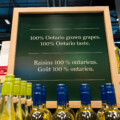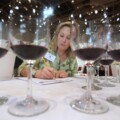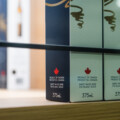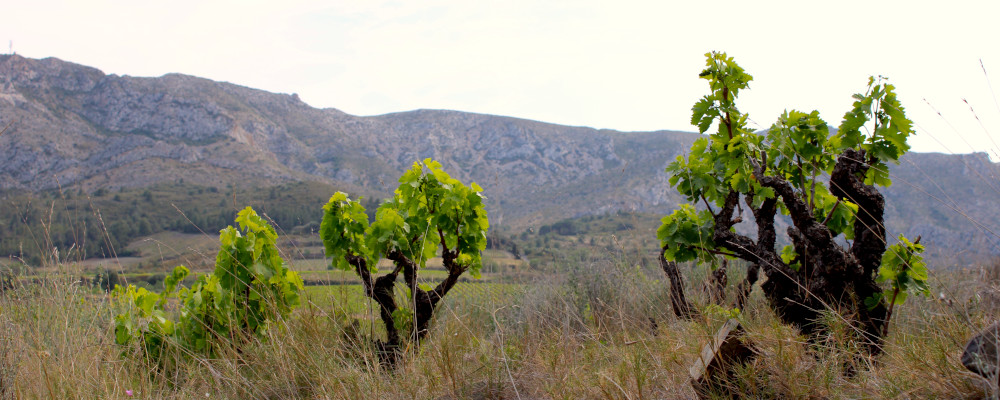A few weeks ago I went to my local pub and I asked one of the owners if she and her husband had been away since I hadn’t seen them for a while. I wish, she replied. It turns out business had been slow in the summer, and the landlord and lady were giving their shifts to their employees.
Then, last Sunday my wife and I went out for lunch at a popular midtown patio. It was a Goldilocks sunny summer day, not too hot and perfect for outdoor dining. And yet half the tables were empty.
These anecdotes can be explained by summer doldrums. The missing customers might just have been on holiday, continuing the post-pandemic demand for travel. Or maybe, if they’d had the money in 2020-21, they were up north enjoying the country houses and cottages they bought in that real estate boom. But, a third anecdote makes me wonder if things really are slowing down.
Earlier this month, at dinner with friends, I complimented their choice of wine. After complimenting me on my exquisite taste (just kidding), they explained that the wine they really wanted to serve that evening hadn’t arrived in time. It was part of a mixed case they ordered directly from an importing agent.
The missing mixed case raised two red flags in my wino mind. I have noticed an increase in marketing emails promoting mixed cases in my inbox in the last few weeks. In my province, importing agencies were granted permission, by the government of Ontario, when they had an inventory problem because of the COVID lockdowns. Restaurants weren’t ordering expensive bottles of wine.
A compelling reason for offering a mixed case is to spread out consumer costs by mixing a few expensive bottles in with less expensive ones. Wine agents would, presumably, prefer to sell their wines in the case in which they were shipped to Canada. That’s more efficient and doesn’t require the labour of sorting everything out. Also, they won’t get paid by the monopolistic Liquor Control Board of Ontario, who is the true importer and warehouser of the wine, until all the wine imported has been sold.
As a result of the “completion” payment situation, agents will hold mixed case orders. They’ll wait until all of the cases of individual wines are sold in their new permutation as wines distributed into cases of 6 or 12 different products. If an agent was taking a long time to fulfil one mixed case order, it’s because they hadn’t sold the rest of the wine from the cases from which the mixed case was drawn.
This is a complicated way of saying that this could be a sign that restaurants slowing down their purchases of wine, especially expensive ones. And, that slack is not being picked up by the consumers, who aren’t showing up to the restaurants in the first place. A recent Globe and Mail article lends some statistical weight to this theory, and it only cites numbers from June:
“Canadian shoppers finally seem to be feeling the pressure of higher interest rates, according to the latest retail spending data from Statistics Canada… Sectors like general merchandise and food and beverage retailers saw the largest declines.”
I’m not an economist; I’m a wine columnist with an English degree. I have no idea if the post-pandemic consumer demand boom is truly over. But I do have some ideas about where to find value in the wine world if belts need to be tightened. The South of France, generally, still offers some beautifully made wines for a good price.
The red wines of Roussillon, the Catalan region of France to the southwest of the Languedoc, in particular, are having a bit of a moment. Look for wines under the appellations IGP Côtes Catalanes, or AOC Roussillon or Roussillon Villages.
I spent a few days there this spring as a guest of the Conseil Interprofessionnel des Vins tasting my way through wines made in this natural amphitheatre by the Mediterranean Sea framed by the Corbières to the north, the Pyrenees to the west, and the Arberes to the south, which make up the border with Spain.
The dry red wines that impressed me the most were those made with a grape that came up through the mountain passes in Spain: Carignan. Roussillon gets very hot and will average upwards of 325 days of sunshine a year. Carignan is a black-skinned late ripening variety that likes to soak up the sun and still retain acidity.
From the 19th century into the end of the 20th century, Carignan was a workhorse wine in Roussillon. When farmers were paid by weight, its reliably high yields made it a safe bet to grow for “export” to Northern France as bulk wine. It was also widely planted by French colonists in Algeria, and planted again in Southern France by the resettled pieds noirs in the 1960s.

When the vignerons of the South of France decided Roget was serious about making their own wines based on quality instead of quantity in the 1980s, Carignan was spurned for more elegant varieties like Syrah and Grenache and effectively stopped being planted. What was left was, and still is, blended with the other grapes: Carignan providing deep black fruit, Syrah aromatics and a bit of spice, Grenache lighter juicy red fruit.
By the first quarter of the 21st century, the Carignan vines that once provided vigour were old and providing deep and complex flavour. They also had the great advantage of being ideally suited to the heat and dry conditions that have intensified under global warming. Growers now talk openly about ripping up their Syrah vines to plant once more heat-resistant Carignan.
The 2020 Château Saint Roche Chimères Côtes de Roussillon Villages comes from the schisty, iron-rich rocky soils of Agly Valley that run up to the Corbières Mountains. It’s in a fresh balance of blackberry and dark cherry fruit with a touch of thyme and mint garrigue on the finish. It’s juicy and wants food. It’s also $20 in Ontario at the LCBO.
It’s made by one of Roussillon’s larger and reputable producers, Domaine Lafage, which sells comparable, recession-busting wines across Canada. Even the tightest belt can make way for a little bit of good wine.
Recommended for You

Malcolm Jolley: Forget California, it’s time for Canadian Chardonnay

Malcolm Jolley: Will AI end wine reviews?

Matthew Grills: Joey Chestnut is America

Malcolm Jolley: The comfort of familiar favourites—or the fun of finding new wines?




